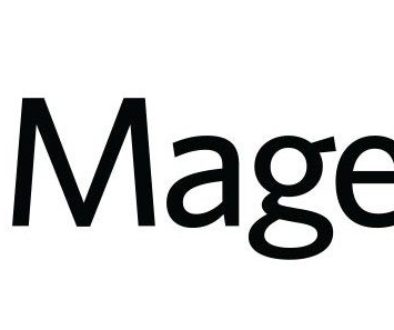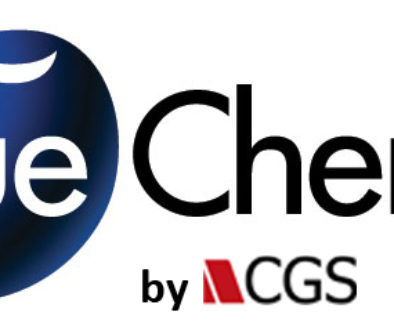eBay and PayPal to Split Into Two Separate Companies
eBay and PayPal to Split Into Two Separate Companies
E-commerce site eBay is planning to split off its payments system PayPal into a separate company.
The payments company is moving out from under the eBay umbrella in order to form its own, publicly-traded company.
The move follows a strategic review conducted by eBay, Inc. and its Board of Directors, and is intended to help both businesses grow faster in their respective markets.
The divorce of eBay and PayPal is expected to be complete by the second half of 2015, provided all regulators sign-off on the agreement. As TechCrunch reported, both companies will get new CEOs as part of the deal, with eBay Marketplaces President Devin Wenig taking over at eBay, and PayPal President Dan Schulman presiding at PayPal.
eBay still manages around $20 billion in annual mobile sales volume, according to the company today, but ultimately its business has been bolstered heavily by PayPal’s strong growth. PayPal could also be opening itself up to opportunities with several of eBay’s strong competitors by separating itself from the online marketplace, including world leader Alibaba.
News of the break between eBay and Paypal, which is expected to be completed in the second half of 2015, sent eBay’s shares 7.5% higher.
It is a reversal of strategy for the company, which has previously resisted pressure to split. However, the boss John Donahoe said the logic for running the companies jointly had changed.
Earlier this year the activist investor Carl Icahn began pressing for eBay to sell PayPal, a plan that was resisted by the eBay board. He stopped pushing after failing to gain enough support.
“We are happy that eBay’s board and management have acted responsibly concerning the separation – perhaps a little later than they should have, but earlier than we expected,” said Mr Icahn in a statement on Tuesday.
He added the separation between eBay and Paypal will “meaningfully enhance value for all shareholders”.
Analysts cheered the move, because it is seen as strengthening PayPal’s position as more e-payment systems, such as Apple Pay and Alibaba’s Alipay, enter the marketplace.



